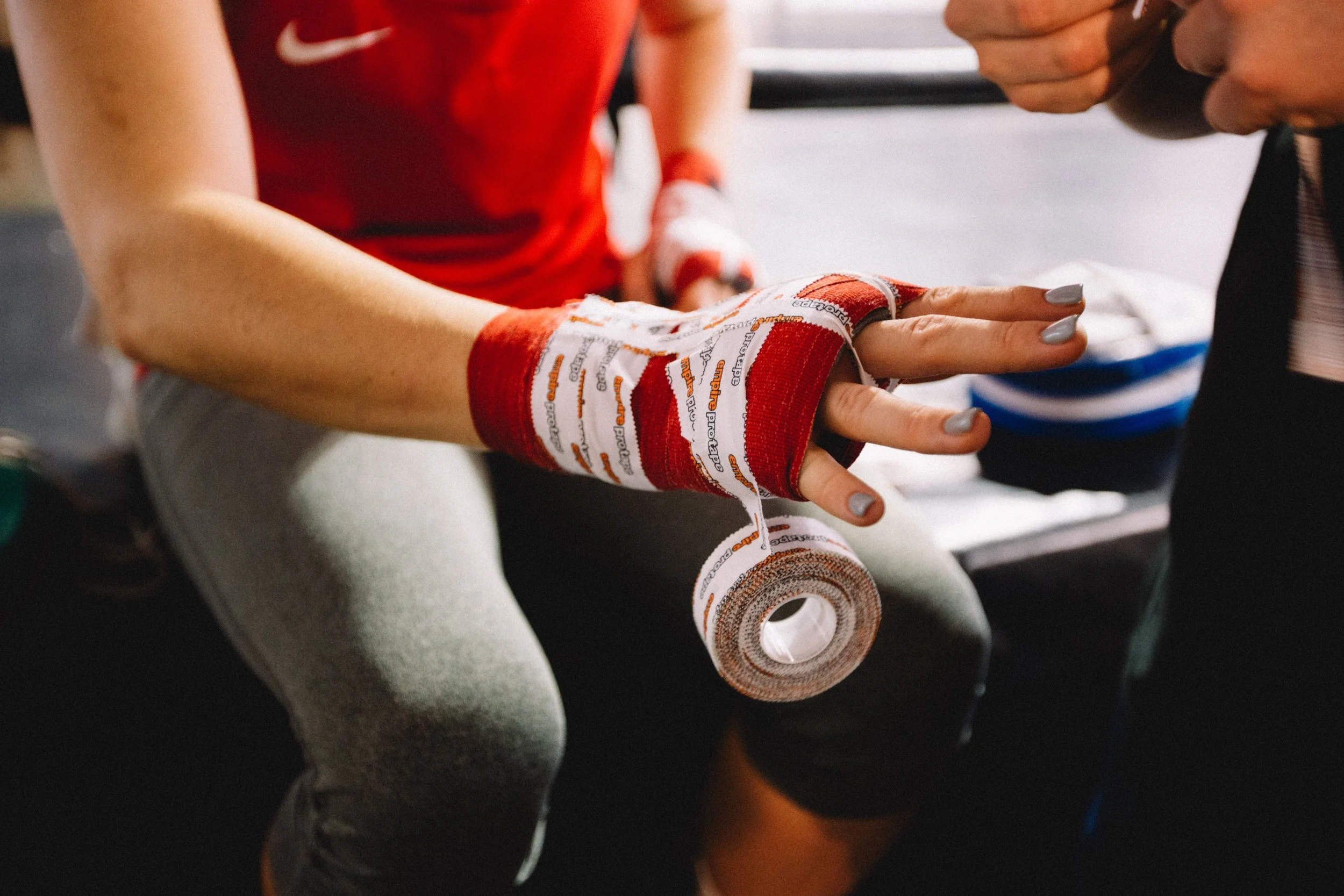Injury creeps up when you least expect it and completely alters routine.
Whether it’s an accident, a sports injury, or just bodily wear and tear, an injury greatly threatens both physical wellness and mental wellness as recovery challenges the mind and body.
The physical side of injury tends to get a lot of attention because we can readily see the effects of injury and feel them too. Doctors are called in promptly to evaluate physical symptoms, diagnosis, prescribe medication, and plan for healing.
Physical symptoms such as swelling, bruising, and pain also serve as constant reminders to slow down and take care. Bodily sensations are clear in demanding attention, respect, and patience with self, motivating a commitment to recovery. Without a doubt, our attention to our body heightens and intensifies when injury strikes.
Yet, the mental side of injury is less appreciated. Focus surges right to physical aliments, forgetting the importance of the mind and spirit in healing.
Consider this. Injury stops us dead in our tracks, postponing normal routine, work, exercise, excursions, etc. It may also prevent one from seeing family, friends, or social groups due to limits in mobility and functioning.
In other words, injury flips our lives upside down without warning or much support. This can spur intense emotional reactions such as anger, sadness, guilt and frustration. It can also spur negative thoughts and depressive states, feeling alone, unproductive, and in pain.
These intense emotional reactions largely go unrecognized or attended to. And-- this stagnates healing.
Healing not only occurs at the physical level—the icing, rehab, medication, and rest, but also at the heart and spirit.
It’s long been supported that positivity aids the healing process. To heal, you must activate the mind-body connection. But what does that look like? How can one stay ‘positive’ through the pain, the shifts in routine, the challenges in mobility, and the limits in functioning…?
Here are a few ways to help the heart and spirit in the healing process.
Acknowledge the fear and the emotion. Let it out. Don’t try to ‘tough it out.’ Everyone at some point experiences a challenge, like an injury, and it’s greatly disappointing. It’s okay to feel bad about yourself, to get angry, and to think, ‘why me?’ Indulge in that emotion. Cry, scream, do what you need to let it out. And it may take a few emotional outpours…. It’s okay to get upset and wallow in it a bit.
Let people support you in recovery. Injury can make you feel weak, and consequently, the natural response is to prove self-reliant. Yet, it’s okay to need help. Frankly, people like helping and feeling needed. The act of “helping” actually increase endorphins and positive feelings/appraisals of self- so it’s a win-win for both parties. So, let people open the door for you, drive you places, bring you food, stock your fridge—it’s okay to accept a little bit of help every once and awhile.
Be good to yourself. Just like you’d support a friend in recovery, you must treat yourself with the same care, compassion, and respect. Try and do something everyday that makes you feel good. Eat that donut, buy that new book, splurge on the yoga class—when life knocks you down you MUST find things that pick you back up. Forget the usual worries (money, time, obligations, etc.) and just do it for you. The good helps strengthen your heart in recovery.
Seek out professional help. At times, you may need an extra push to help you rebound quicker, and with confidence. Wellman Psychology & Associates can provide mental support in accepting injury, reframing approach, and setting progress goals in healing. You don’t have to go it alone—our therapists are ready to help you in recovery.
Remember… “Healing is an art. It takes time, practice, and love.”
